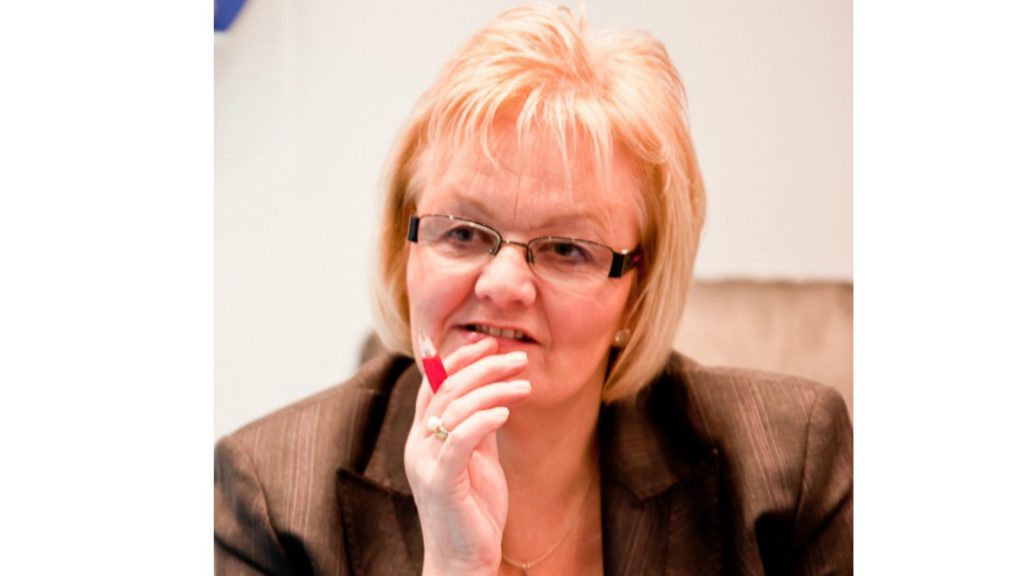CEO of the Unified Water Label Yvonne Orgill says everyone must join forces to promote sustainability and retailers must do more to educate consumers

When it comes to sustainability, the KBB sector hasn’t always been renowned for its forward-thinking initiatives.
This could be because of the close links with the construction sector that seems to be taking its time to take this issue seriously.
Sponsored Video
But the BMA has for many years had sustainability at the heart of many of its campaigns and initiatives, with the Unified Water Label (UWL) driving real change for many bathroom products.
The independent and entirely voluntary UWL was developed by manufacturers in the UK bathroom industry.
It is now firmly established across Europe and beyond under the guidance of the European Bathroom Forum.
The UWL is gaining traction and its success is now in the hands of the industry. Everyone must play their part, from the manufacturers that produce the products that display the label, to the designers, installers and retailers that seek out products that are registered.
The label is easily identifiable as it is displayed on product literature, installation guides and on manufacturer’s websites.
Whilst it is a voluntary scheme there are currently 13,200 products and 155 brands already using it.
What we need now is more education so that consumers are made aware of how sustainable the products are, so they can make an informed choice about what to purchase.
Consumer demand
The manufacturers have played their part and made the products available but the rest of the industry is missing an opportunity by not communicating the credentials of these products.
There is a growing demand from consumers, our recent research into buying habits, highlighted this clearly.
The BMA ‘behind the bathroom door’ research found consumers would be positively influenced to buy products if they had more information about water efficiency.
The results showed more than 80% of respondents said water efficiency was quite or very important when purchasing a WC or a shower, yet almost 40% were not made aware of how much water the products would use.
This clearly shows there is an opportunity for retailers and installers and that they are missing out if they don’t have this information available.
Raise awareness
Retailers should do more to highlight which products carry the UWL and provide information to consumers about sustainability, recyclability and efficiency of the products they sell.
There are those that say consumers do not show enough interest but this is changing and while we may not have reached a crisis point in the KBB industry, you only have to look at what is happening in the world around us to know that a crunch point is not far away.
From school children going on strike, to the Extinction Rebellion activists, people are standing up for their beliefs and making their voices heard to #savetheplanet.
The industry should also be aware that when the crunch point comes if could have a major impact.
In other industries, the landscape is changing as unsustainable products are phased out; products such as cotton buds and plastic straws.
These examples may have been initiated by legislation but if the voluntary system does not work then legislation will come.
It will be far better for the KBB industry to initiate the changes voluntary.
We must all play our part to keep sustainability at the forefront, promote the products that we have and educate whenever possible so that consumers can find the information easily and readily.
Find out what the panel of experts on our live Twitter chat #KBNConvo said about sustainability and whose role it was to educate consumers.



